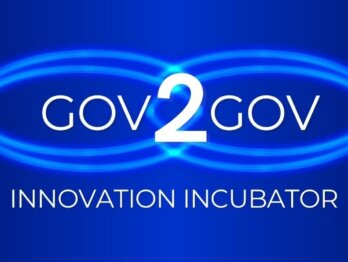Portfolio Exploration Workshop – Part I: Theory into Practice
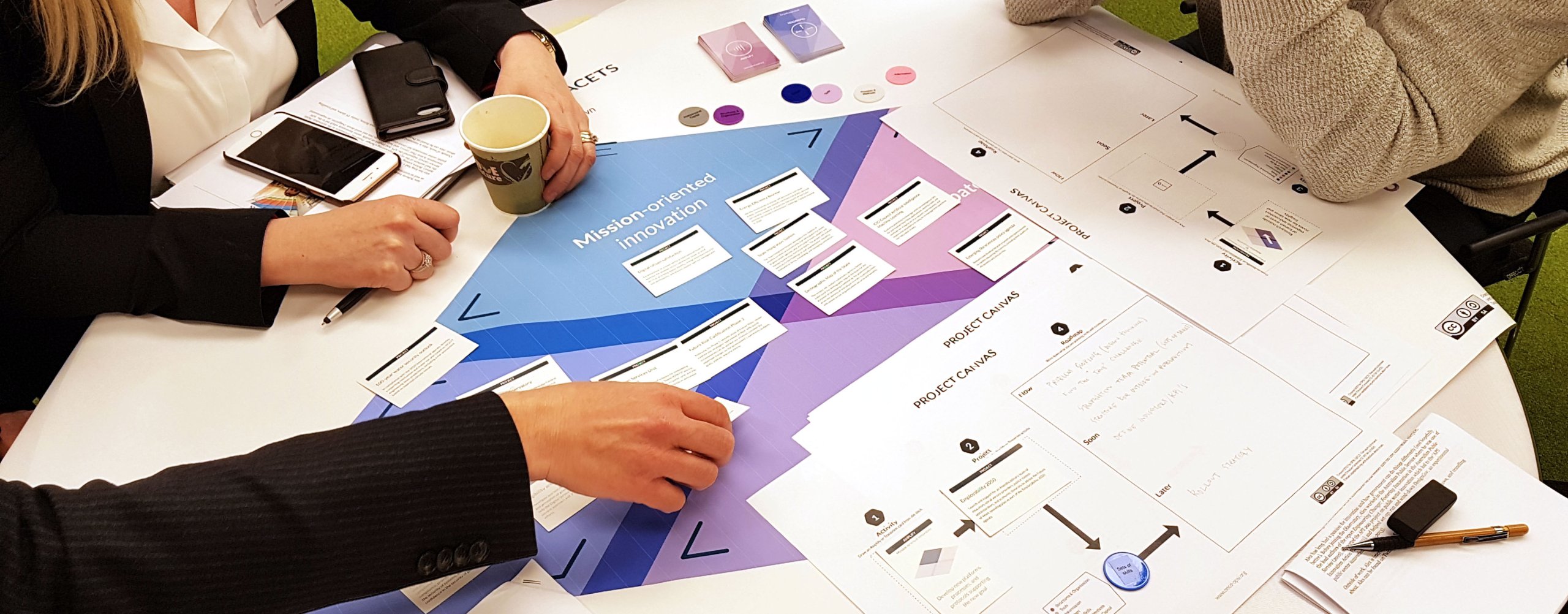
All models are wrong, but some are useful
Over the last few months, OPSI has been testing a model for public sector innovation based on our experiences with system-level studies in Canada and Brazil. As the field of public sector innovation grows and diversifies, we need a more nuanced understanding of its purposes and mechanisms for its stewardship. The multi-faceted innovation model provides a common language and a way to contextualise the purpose of innovation. However, we also wanted to use the model to actively provoke important discussions and make some links between what a system produces and why. We developed a workshop to help participants answer the following:
- “What does innovation look like for us?”
- “What is included in our portfolio of innovation?”
- “What kinds of innovation is our ecosystem producing and why?”
- “How might we deconstruct and reshape an innovation portfolio?”
- “Are we satisfied with our current portfolio of innovation?”
- “How might we re-balance our innovation portfolio?”
- “How might we build our playbook to take portfolio-reshaping actions?”
What is at stake?
A government may have an innovation lab or capability with a diverse portfolio of activities and programs, but without an understanding about their purpose(s), over time an innovation capability may be marginalised, cannibalised or pressured by the existing system to reinforce the same (possibly broken) incentive structures, working methods, or ways of measuring impact. This is especially true in large, complex organisations and bureaucracies. In addition, governments need ways to transform their innovation portfolios according to changing organisational realities, democratic shifts, and political priorities. Oftentimes this occurs during crisis moments, but we think it is possible to encourage transformations intentionally, with the long-term in mind.
“It depends”
My favourite answer to a question involving the public sector is “it depends.” The answer is indicative of a deep knowledge of a system and a refusal to provide a simple answer. While this response is sometimes frustrating to receive, especially to those needing information quickly in order to act, it is an indicator of intentionality. However, even for seasoned innovation staff with organisational or system-wide views, rarely do they have time or opportunities to discuss the intricacies and factors embedded in the response “it depends.” But we are operating in an “it depends” world, so we wanted to use the Innovation Facets Model to create spaces for deeper exploration and sense-making around innovation in government.
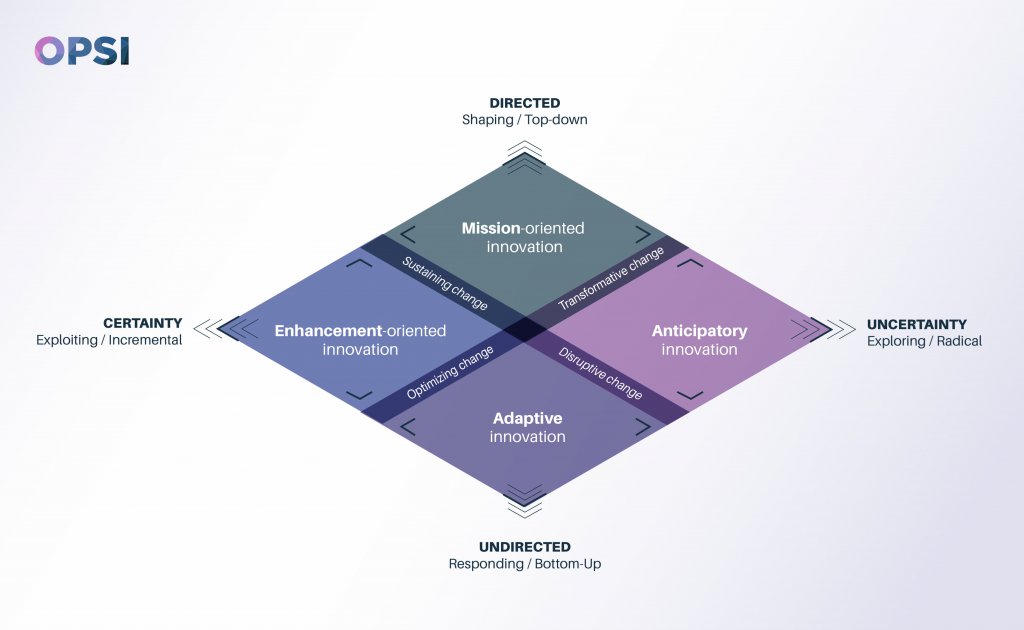
Designing a portfolio exploration workshop for policy-makers and system stewards
In the practitioner’s world at the service delivery level, “workshop” is a common format. However, sometimes I find the word “workshop” in the policy world to mean “a regular old meeting but we will force people to use sticky notes,” which I think has given “brainstorms” and “workshops” a bad name, not something to be used for serious policy matters or worthy of time in a busy schedule. On the other hand, an atmosphere of play, a departure from expectation or a change in ritual is helpful for breaking entrenched thought patterns around what is considered permanent or invariable. The trend in “serious games” indicates that others besides us are working to find a balance.
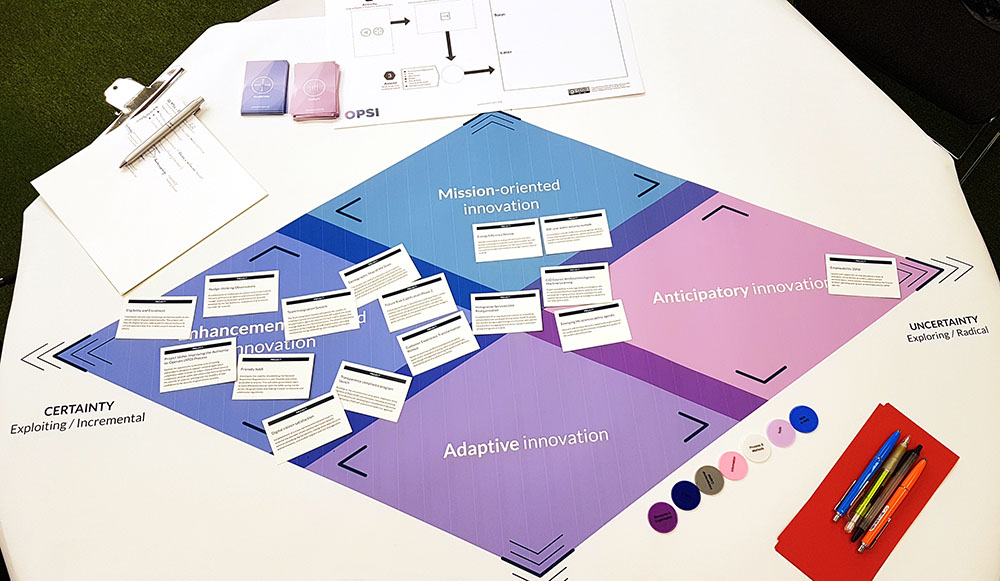
I have also learned that policy-makers and innovation stewards at top levels of governments have an impressive depth of knowledge, so workshops that feel preachy or patronising are regarded especially harshly. This same group will want to see instead of being told—evidence is their currency.
A pedagogical approach to the portfolio exploration workshop
Our challenge in designing this workshop was in tying new knowledge to tangible things for which individuals and group workshop participants already have an understanding or shared experience. The knowledge should have coherence with what is already known – the adjacent possible – otherwise it may be rejected or too difficult to trace back to any sort of relevant experience.
Here at OPSI, having worked with governments around the world at a system level, we have developed a shared language amongst ourselves as a shorthand way of describing our shared knowledge. This makes us especially prone to sharing models and concepts to a like-minded audience—but we also have a duty to connect with the experiences of innovation practitioners. This workshop is a tool for co-learning—by the participants as well as the facilitators.
To find this “sweet spot,” we designed the workshop to balance concept with practice by using the elements of the model as prompts for discussions that we wanted participants to have. We know from our work with governments that “the devil is in the details” of implementing and supporting innovation and we wanted the workshop to actively provoke these discussions.
For instance, we introduced examples of innovation projects/activities that could be described using the innovation facets model, but only after a group discussion. These example projects/activities were gathered from governments around the world but were anonymised. The titles and descriptions of these projects/activities were written vaguely, with not enough information to easily indicate how it related to the facet model.
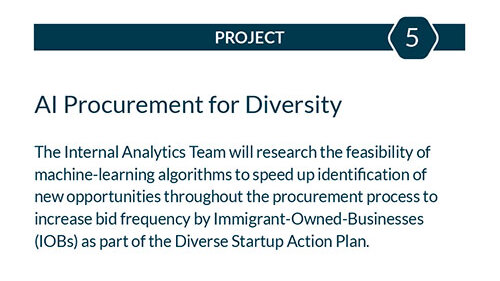
Of course, this prompts exactly the discussion we want. The description was tangible enough to relate to something known, such as a project related to green energy, but without enough information to enable participants to quickly categorise it as “X” type of innovation and move on. Besides, we do not want the Innovation Facets model used as a categorisation model but instead for contextualising and viewing the same thing from different angles—much more could be written about the dangers of categorisation models, but I digress. This is when that all-important phrase “it depends” becomes extremely useful. It depends on where the green energy mandate came from, who is involved, which innovation methods are used, which existing systems are affected, how success will be evaluated, and so on. These are the concrete elements we wanted participants to discuss and coming at them obliquely helps prompt that discussion more easily than attempting a highly conceptual conversation about system elements.
‘Jobs-to-be-done’ in a portfolio exploration workshop
We approach workshop design and toolkit design based on the participants’ “jobs-to-be-done,” which are often beyond the common problem-solving jobs inherent in innovative work. They often include a combination of:
- Problem-solving jobs: actions that need to get done in order to uncover and solve a challenge or problem (e.g. fact-finding, prototyping, policy proposal development, service deployment, etc.)
- Group behavioural jobs: ways to coordinate the behaviour of a group of people, mindful of their perceptions, abilities, motivations, cognitive preferences around problem-solving, and expectations (e.g. group divergence/convergence, skill practice, group-based work, gamification, empathy-building, etc.)
- Approach-planning jobs: tasks involving initial estimation of the type of problem, situation, actors, and resources might be involved (e.g. building a multi-disciplinary coalition, evaluating different approaches, etc.).
- Contextualisation jobs: individual and group cognitive tasks to make sense of a situation, actors, forces, rates of change, relationships between cause and effect, and other contextual factors (e.g. uncovering hidden power dynamics, making implicit beliefs explicit, identifying cultural norms and dominant mindsets, etc.).
In fact, this is how we organise toolkits and innovation methods in the OPSI Toolkit Navigator. Based on initial conversations with our workshop hosts, we remix some basic workshop recipes and tactics (i.e. seminar versus group discussion format) to get these jobs done.
Run your own portfolio exploration workshop
Development of the original workshop was supported by the Mohammed Bin Rashid Centre for Government Innovation. All of the materials are available on our website for download and reuse.
If you are interested in having us help you run this workshop or advise you on adapting the basic workshop recipe to your needs, please reach out.
If you have thoughts or feedback on the workshop overall, we would very much like to hear from you. Start the conversation by adding your comment below or email us.
In Part II of this blog post, read about how we adapted and tested this workshop in Sweden.



